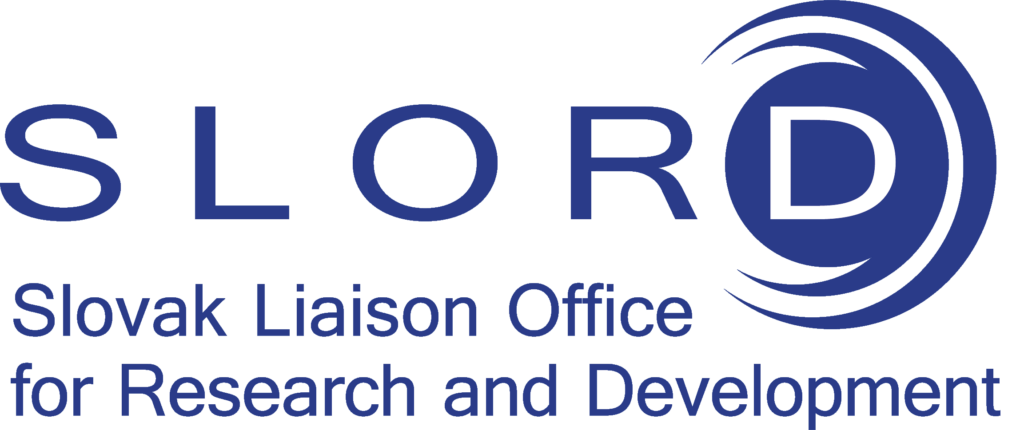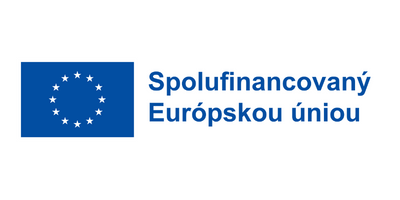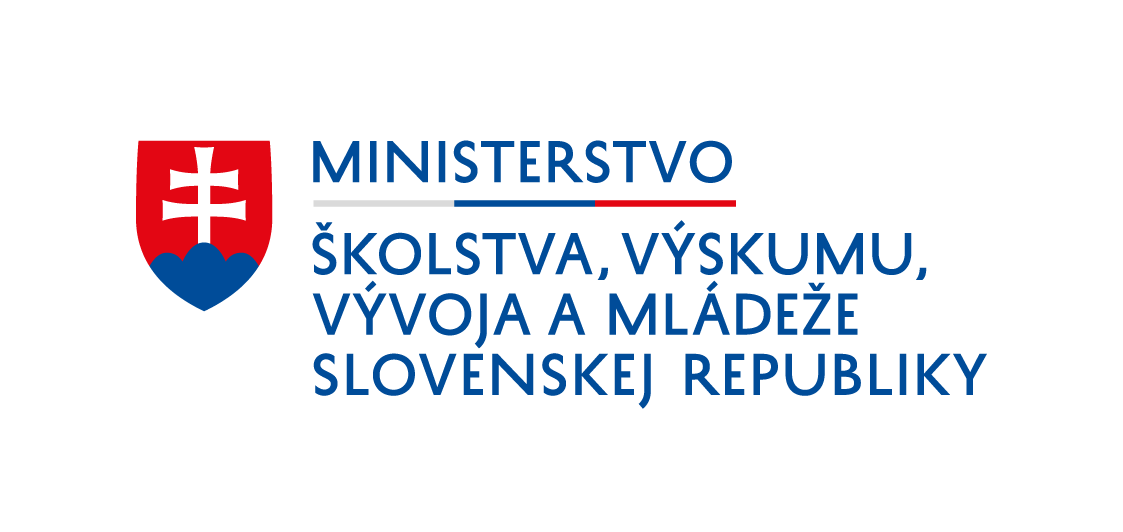
Prostate cancer remains a leading cause of mortality among men, posing a significant challenge. Diagnostic tests have been developed, yet they are not without their limitations. These tests can yield deceiving outcomes, both false positives and false negatives, further emphasizing the need for improvements in the field.
In a bid to revolutionize prostate cancer diagnosis and spare men from the discomfort of invasive procedures, Slovak chemist Ján Tkáč and his team from the Institute of Chemistry at the Slovak Academy of Science have developed a cutting-edge nanotechnology-based test. The innovative approach, spearheaded by the start-up Glycanostics, founded by Ján Tkáč and Tomáš Bertók, seeks to significantly improve accuracy and reliability in detecting prostate cancer at its early stages.
Nanotechnology’s Role in Reshaping Prostate Cancer Diagnostics
The new diagnostic test focuses on analyzing the structure of glycans, complex sugars that can indicate cancerous changes in cells.The glycans-based approach offers a more accurate reflection of cancer-related alterations. Nanotechnology plays a pivotal role in this innovation, enabling the development of a test that is compatible with clinical practice, cost-effective, and less invasive.
Challenges with current PSA tests
The prevailing standard, the PSA test, faces criticism for its unreliability with an accuracy rate of approximately 68 percent. This often results in a diagnostic gray zone, causing uncertainty for both urologists and patients. Ján Tkáč argues that the PSA test’s shortcomings make it unsuitable for widespread prostate cancer screening, necessitating more dependable alternatives.
Glycanostics‘ test: advancing accuracy and reliability with a potential of extending beyond prostate cancer
Unlike traditional methods that rely on DNA, RNA, or protein biomarkers, Glycanostics employs a compact plate the size of a cell phone. This nanotechnology-driven approach measures color changes in a sample, with intensity correlating to glycans‘ alteration and, consequently, the disease’s stage.
Glycanostics aims to challenge existing tests by introducing a nanotechnology-driven approach boasting an accuracy rate of 84 to 86 percent, with aspirations to reach 90 percent. The test, poised to assist urologists in deciding whether a biopsy is necessary, offers a less invasive alternative by analyzing blood samples.
It is essential to understand that these new nanotechnology-based tests are not intended to replace the procedure of biopsy. Biopsy will still be necessary to definitively confirm the disease and determine its stage. However, it is a very unpleasant procedure that many men want to avoid. Biopsies can lead to complications such as inflammation of the prostate. While a biopsy is often used to diagnose prostate cancer, it is not infallible due to challenges in sampling tissue from the affected area. To enhance accuracy, physicians often combine biopsies with magnetic resonance imaging (MRI). An MRI can pinpoint the problematic area of the prostate, enabling a more targeted biopsy. However, given that the prostate is a relatively small organ, the number of biopsies that can be performed is limited, so making the right decision becomes crucial.
The impact of Glycanostics extends beyond prostate cancer, with a promising clinical validation showing potential for diagnosing breast cancer with a reliability rate of 90 percent. Future plans include validations for pancreatic and lung cancer diagnoses, showcasing the versatility of this nanotechnology-based diagnostic tool.
Future prospects
Glycanostics‘ research team envisions licensing the technology to a pharmaceutical or diagnostics company within the next one to two years. Alternatively, they are considering self-production and distribution, allowing the tests to be available in Slovakia and selected countries within a year.
The development of this nanotechnology-based test holds promise not only for transforming prostate cancer diagnostics but also for reshaping approaches to cancer detection across various types, marking a significant stride toward more accurate, less invasive, and widely accessible diagnostic tools.
About the scientist Ján Tkáč, PhD, DSc
Ján Tkáč received his Ph.D. degree in biotechnology at the Slovak University of Technology (Bratislava, Slovakia) in 2000. Currently, he works at the Institute of Chemistry, Slovak Academy of Sciences in Bratislava. He also holds the position of Chief Strategy Officer at Glycanostics, which is an innovative start-up company established in 2017 focusing on cancer diagnostics. His main research activities cover catalytic biosensors and biofuel cells, lectin-based affinity biosensors, glycan biochips and biosensors, nanoscale surface patterning protocols and label-free platforms of detection. Ján Tkáč holds many prestigious grants, awards, and scholarships including two grants from the European Research Council (ERC). He also received the ESET Science Award in 2019, which recognizes outstanding scientists for their professional work and contribution to life in general.
More information:
Interview with Slovak chemist Ján Tkáč
Glycanostics´s Technology video
Published on 12.10. 2023, slord



